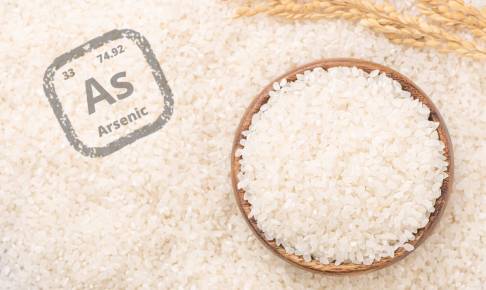FDA finds significant levels of toxic heavy metals in baby foods
The FDA’s report “Total Diet Study”, which analyzes the most recent data on nutrients and contaminants in the U.S. food supply, shows high levels of arsenic, cadmium, and lead in many baby foods.
For the study, which started in 1961, the FDA collects food samples from retail stores and measures the concentrations of various nutrients and contaminants in them. This monitoring program is part of the FDA's action plan “Closer to Zero”, which was created to reduce toxic elements in foods for babies and children.
The results reported in the latest report are about the federal fiscal years 2018-2020 and originate from 87 food collections, resulting in 3 241 samples of 305 foods and beverages. Roughly 70% of the foods analyzed in the previous report have been used also in the latest study, however, some commodities have been added (e.g. soy milk and coconut milk) while others have been removed (e.g. liver and sherbet).
The agency's analysis found that out of 384 samples of baby food, 51% had detectable levels of total arsenic. Infant cereals and items like teething biscuits and puffed snacks had the highest values of this contaminant. The FDA’s document also reports that 65% of the baby food samples contained cadmium and 21% contained lead.
Babies and children are considered highly vulnerable to neuro-toxic effects. The scientific community has demonstrated that toxic heavy metals endanger infants' neurological development and long-term brain functioning, and that’s probably one of the reasons why, in 2019, the FDA increased the sampling of baby foods as part of its ongoing dietary study.
Source:
https://www.fda.gov/food/fda-total-diet-study-tds/fda-total-diet-study-tds-results






















